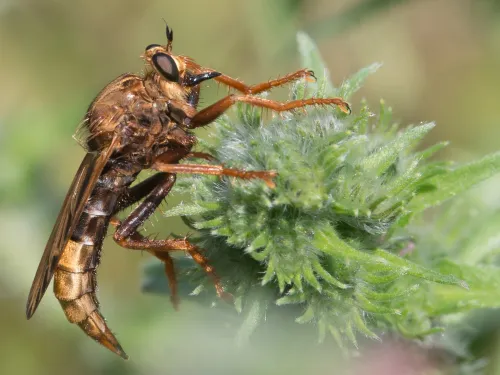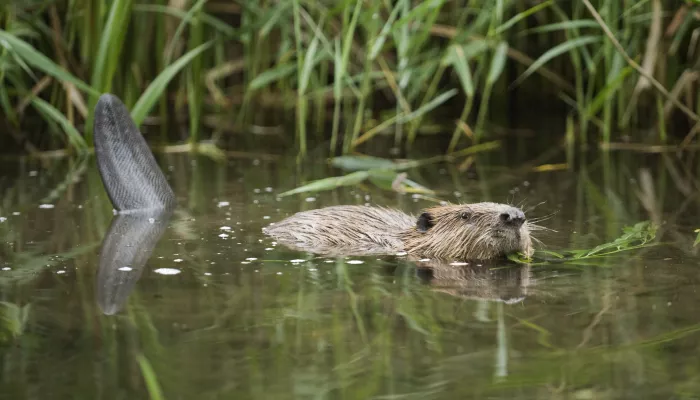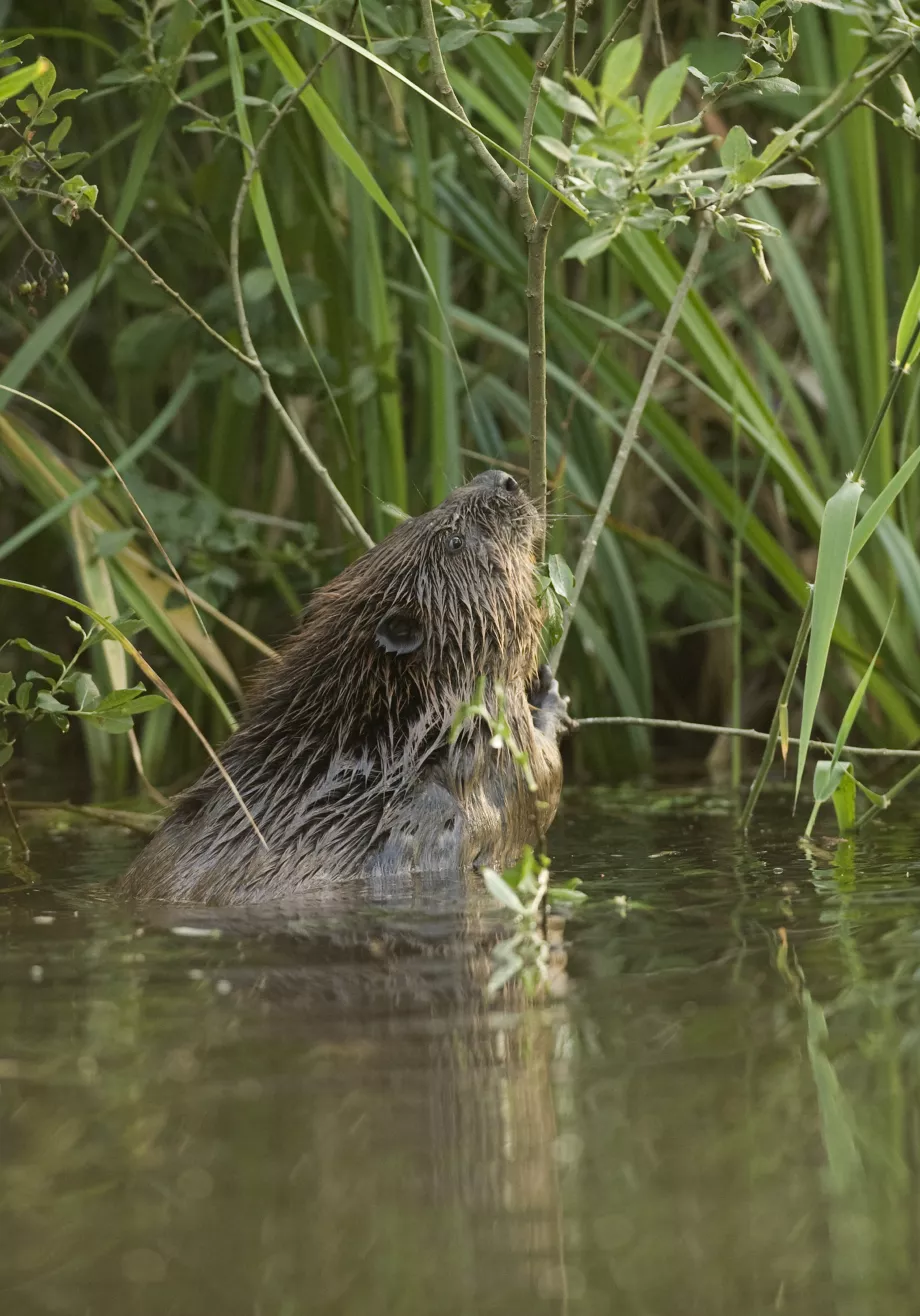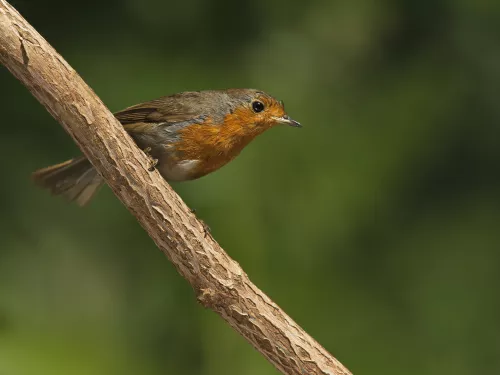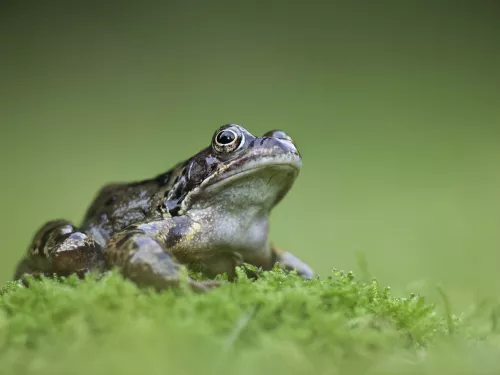A change in legal status would make it an offence to deliberately capture, kill, disturb, or injure beavers, or damage their breeding sites or resting places – without holding the appropriate license. The legislation was scheduled to come into force on 1st October.
People are being urged to ‘Tweet’ their MP to ask for the government to go ahead with the new legislation as planned.
Paul Hadaway, Director of Conservation, Kent Wildlife Trust said: “It is alarming that the proposed legislative change has been paused by the government. I am concerned that this may be a step towards abandoning plans to protect beavers altogether. Millions of pounds have been spent replicating their natural behaviour as ecosystem engineers, creating woody, leaky dams and slowing river flows to protect areas from flooding whilst the debate around them has dragged on.
“It is vital we have a clear legal framework if populations are to recover and thrive. We need to embrace natural climate solutions now if we are to meet the challenge of the climate and nature crises.
“It is beyond disappointing that the government appear to have turned their back and reneged on their promises to tackle the crises we face.
“In Kent we have established the East Kent Beaver Advisory group bringing together government agencies, farmers, anglers and others to understand the role of beavers in our landscape, monitor them and their impacts. Yet the massive weight of evidence from here and multiple other beaver projects across the country demonstrating the value of these species appears to have been outweighed by vociferous and ill-informed concerns based on mis-perceptions and lobbying.
“I would urge DEFRA to review this matter with urgency and encourage people to tweet or contact their MP to demand this law is passed. Nature is in trouble, and we simply cannot afford to put the protection of keystone species on hold.”
